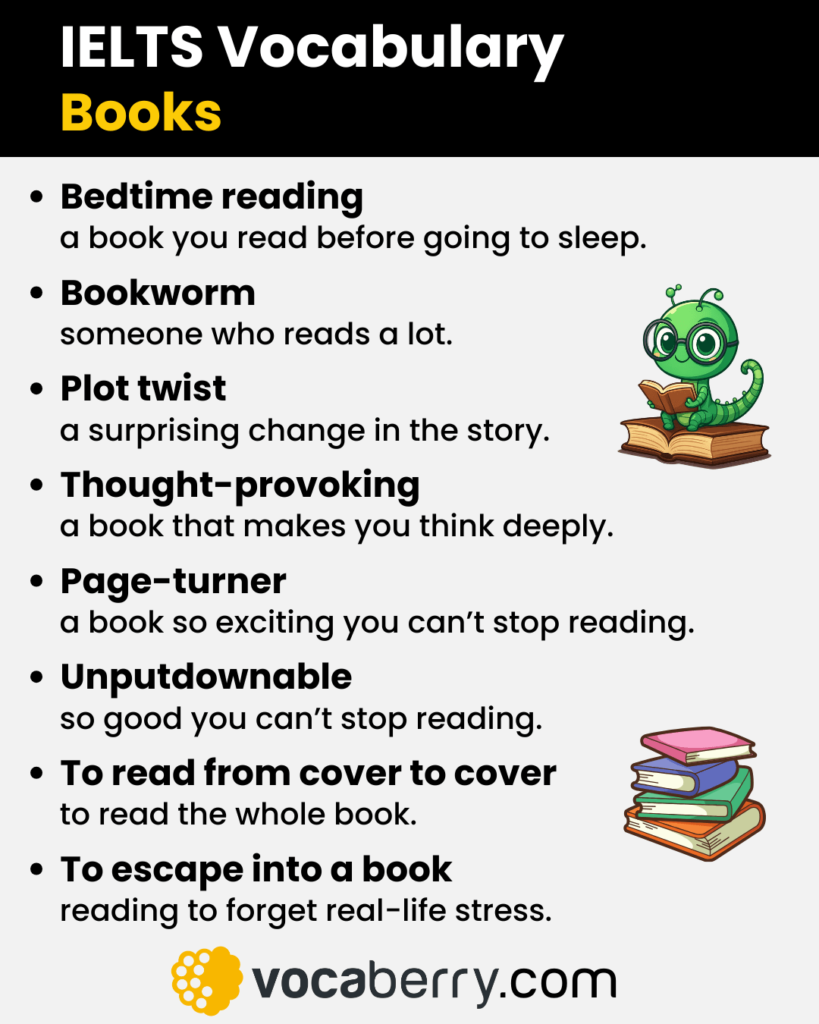
Books are another common topic in the IELTS Speaking test. Examiners may ask you about your reading habits, your favorite types of books, or the importance of reading in people’s lives. In this guide, you’ll find useful IELTS vocabulary for books with clear definitions, followed by IELTS Speaking Part 1, Part 2, and Part 3 questions with sample answers.
IELTS Vocabulary for Books
Here is some useful IELTS vocabulary for talking about books with clear definitions. These words and phrases will help you give better answers in the IELTS Speaking test.
- Fiction – books with imaginary stories.
- Non-fiction – books based on facts.
- Novel – a long fictional story.
- Short story – a brief piece of fiction.
- Biography – a book about someone’s life.
- Autobiography – a book someone writes about their own life.
- Memoir – a book describing someone’s personal memories and experiences.
- Self-help book – a book that gives advice on improving life.
- Classic literature – famous, long-lasting books.
- Contemporary literature – modern books from today.
- Best-seller – a very popular book.
- Bedtime reading – a book you read before going to sleep.
- Critically acclaimed – praised highly by experts and reviewers.
- Page-turner – a book so exciting you can’t stop reading.
- Unputdownable – so good you can’t stop reading.
- Hard to put down – very enjoyable to read.
- Gripping story – very exciting and intense.
- Overhyped – not as good as people say.
- Cliffhanger – an ending that leaves you in suspense.
- Easy read – a simple, enjoyable book that is not difficult.
- Heavy-going – a book that is difficult to read or understand.
- Thought-provoking – a book that makes you think deeply.
- Overly descriptive – writing with too much unnecessary detail.
- Captivating – very interesting and holding your attention.
- Intriguing – very unusual and making you curious.
- Plot – the main story of a book.
- Subplot – a smaller, secondary story within the main one.
- Plot twist – a surprising change in the story.
- Setting – the time and place where a story happens.
- Theme – the central idea explored by a book.
- Pacing – how fast or slow the story moves.
- Characters – the people in a book.
- Protagonist – the main character.
- Antagonist – the character opposing the protagonist.
- Narrator – the voice that tells the story.
- Point of view – the perspective from which a story is told.
- Genre – the category of book (romance, thriller, fantasy).
- Fantasy – stories with magic or unreal worlds.
- Thriller – exciting book with tension and suspense.
- Romance novel – story about love.
- Detective / crime novel – story about solving a crime.
- Science fiction (sci-fi) – stories about science and the future.
- Historical fiction – stories set in the past using real events or figures.
- Poetry – writing arranged in verses.
- E-book – a digital book read on a device.
- Audiobook – a book recorded so you can listen.
- Paperback – book with a soft cover.
- Hardback – book with a solid cover.
- Library – a place to borrow books.
- Bookshop / bookstore – a place to buy books.
- Book club – group of people who read the same book and discuss it.
- Bookworm – someone who reads a lot.
- Well-read – someone who has read a lot and is knowledgeable about books.
- Avid reader – someone who loves reading and does it often.
- To skim through – read quickly without much detail.
- To flick through – look quickly at the pages.
- To read from cover to cover – read the whole book.
- To devour a book – read a book very quickly and eagerly.
- To get lost in a book – become fully absorbed in reading.
- To escape into a book – use reading to forget real-life stress.
- To be a big reader – to read a lot, often and regularly.
- To come highly recommended – said to be very good by others.
- Adaptation – a film or TV version of a book.
- Timeless classic – a book that remains popular for generations.
- Cult classic – a book with a small but very passionate following.
- Expand your horizons – increase your knowledge or experience.
- Literary masterpiece – an outstanding, highly respected book.
- Critical thinking – the ability to analyze and evaluate ideas while reading.
- Foreshadowing – hints about what will happen later in the story.
- Character development – how characters change over time.
- Moral of the story – the lesson or message in a book.
- Book review – an evaluation of a book’s quality.
- Blurb – a short description of a book, usually on the back cover.
IELTS Speaking: Books Questions & Answers
In this section, you’ll find IELTS Speaking Part 1, Part 2, and Part 3 questions on books with sample answers. These examples show how the book-related vocabulary can be used in your responses during the test.
IELTS Speaking Part 1 – Books
Do you like reading books?
Yes, definitely. I’m quite an avid reader, and I’d say reading is part of my daily routine. I usually do some bedtime reading before going to sleep. If the story is a real page-turner, I can easily get lost in a book and read it from cover to cover.
What kind of books do you usually read?
I enjoy contemporary literature and psychological thrillers, but I also love a good classic. I’m drawn to novels with strong character development and unexpected plot twists. Sometimes I go for something more thought-provoking, while other times I prefer an easy read just to relax.
Do you prefer reading physical books or e-books?
I still prefer paperbacks because I like the feeling of turning real pages, but I often read e-books when I travel since they’re more convenient. I also listen to audiobooks when I’m commuting. It really depends on the situation and my mood.
How often do you read?
I try to read every day, even if it’s just for fifteen minutes. I usually read before bed, but on weekends I spend hours with a gripping story. Sometimes I just flick through a book at a bookshop to see what catches my attention. Reading helps me unwind and expand my horizons.
Can you recommend a book you’ve read recently?
Yes, I recently finished a critically acclaimed historical fiction novel that was absolutely captivating. It came highly recommended, and the plot and setting were beautifully written. The ending was a real cliffhanger, and I couldn’t put it down until the very last page.
IELTS Speaking Part 2 – Books Cue Card
Describe a book you’ve recently read and enjoyed.
You should say:
- what kind of book it was
- what it was about
- when you read it
- and explain why you enjoyed it.
Sample Answer:
A book I’ve read recently and really enjoyed is Educated by Tara Westover. It’s an autobiography, but it reads almost like a gripping novel, which made it quite unputdownable. The book tells the true story of a girl who grows up in a strict and isolated family with no access to formal education, yet she manages to teach herself enough to get into university and eventually earn a PhD from Cambridge.
What fascinated me most was the character development. You can see how the author transforms from a naive child into a confident and independent woman. Some chapters are quite thought-provoking, especially when she questions her beliefs and struggles to find her identity. At the same time, there are parts that are emotionally intense and even heavy-going, but I think that’s what makes it such a powerful read.
I’d describe the writing as both captivating and beautifully descriptive without being overly descriptive. Every chapter ends with a kind of cliffhanger, so I often stayed up late doing bedtime reading, unable to put it down. It’s one of those stories that really make you get lost in a book, and I read it almost from cover to cover in just a few days.
I first picked it up because it came highly recommended, and I completely understand why it’s been critically acclaimed. Apart from being inspiring, it also made me expand my horizons by thinking about the value of education and personal freedom. I’d definitely recommend it to anyone who enjoys thought-provoking and inspirational books.
IELTS Speaking Part 3 – Books Discussion
IELTS Speaking Part 3 questions about books often ask you to compare traditional books with e-books, discuss the role of reading in education and personal development, and give opinions on issues such as libraries, the publishing industry, and whether people read as much as they used to.
Why do some people enjoy reading while others do not?
It often comes down to habits and exposure. People who grew up with bedtime reading usually see books as relaxing, so it is easy for them to get lost in a book. Others only met texts that felt heavy-going at school, so they never discovered a captivating story or a true page-turner. Reading tastes also matter. If someone is given an easy read when they want something thought-provoking, or vice versa, they switch off. Once readers find the right genre and strong character development, they are more likely to read from cover to cover and make it part of their routine.
How have digital formats changed people’s reading habits?
Digital formats have made reading more flexible. With e-books and audiobooks, people can carry a library on one device, download a title in seconds, and adjust the font or speed. That convenience helps commuters and busy students. Online book clubs and reviews also make it easier to discover critically acclaimed or highly recommended titles. The downside is screen fatigue and distractions from notifications, which can break the flow and hurt pacing. I still like paperbacks for focus, but digital options have clearly widened access and kept many readers engaged.
Are popular books always high quality?
Not necessarily. Some best-sellers are excellent because of tight pacing, vivid setting, and meaningful themes. Others are overhyped. They may be a page-turner but lack deep character development, or they rely on a single plot twist. On the other hand, critically acclaimed novels can feel heavy-going or overly descriptive, yet they stay with you longer. Popularity shows appeal, not quality. I judge a book by how well the narrator or point of view serves the story and whether the ideas are thought-provoking, not just by sales.
Should schools focus on classics or contemporary books?
Both. Classic literature builds cultural knowledge and exposes students to rich language and universal themes. However, contemporary literature often feels more relatable, with modern issues, faster pacing, and the kind of cliffhangers that keep teenagers reading. A balanced syllabus works best. Pairing a timeless classic with a modern novel on a similar topic helps students compare setting, character development, and point of view. That mix builds skills and keeps motivation high.
More IELTS Vocabulary Topics
If you found this lesson useful, explore other IELTS Speaking topics to expand your vocabulary and practice with sample answers:
- IELTS Vocabulary: Accommodation
- IELTS Vocabulary: Advertisement
- IELTS Vocabulary: Animals
- IELTS Vocabulary: Art
- IELTS Vocabulary: Artificial Intelligence
- IELTS Vocabulary: Childhood
- IELTS Vocabulary: Crime and Punishment
- IELTS Vocabulary: Culture and Traditions
- IELTS Vocabulary: Daily Routine
- IELTS Vocabulary: Education
- IELTS Vocabulary: Environment
- IELTS Vocabulary: Family
- IELTS Vocabulary: Fashion and Clothes
- IELTS Vocabulary: Films
- IELTS Vocabulary: Food & Diet
- IELTS Vocabulary: Friends
- IELTS Vocabulary: Gifts
- IELTS Vocabulary: Health
- IELTS Vocabulary: Hobbies
- IELTS Vocabulary: Hometown
- IELTS Vocabulary: Money
- IELTS Vocabulary: Museums
- IELTS Vocabulary: Music
- IELTS Vocabulary: Plants
- IELTS Vocabulary: Shopping
- IELTS Vocabulary: Social Media
- IELTS Vocabulary: Sports
- IELTS Vocabulary: Technology
- IELTS Vocabulary: Transport
- IELTS Vocabulary: Travel
- IELTS Vocabulary: Weather
- IELTS Vocabulary: Work & Jobs

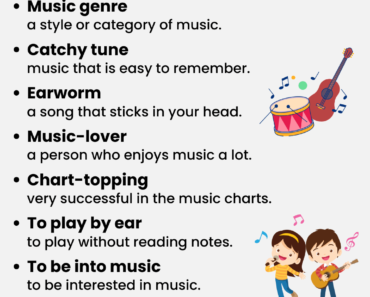
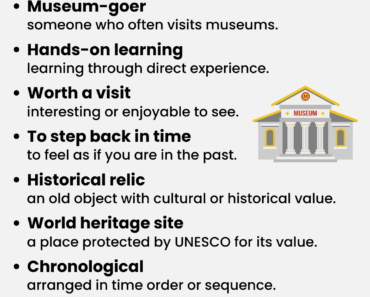
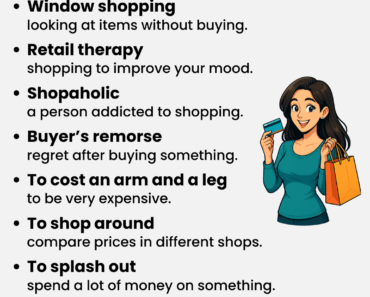
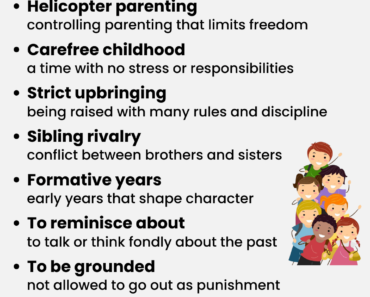
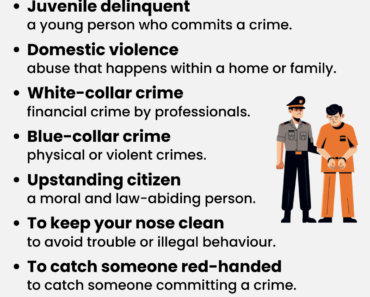
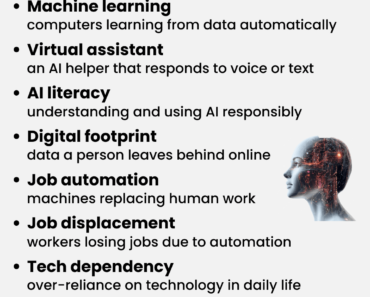
Very interesting information!Perfect just what I was searching for!